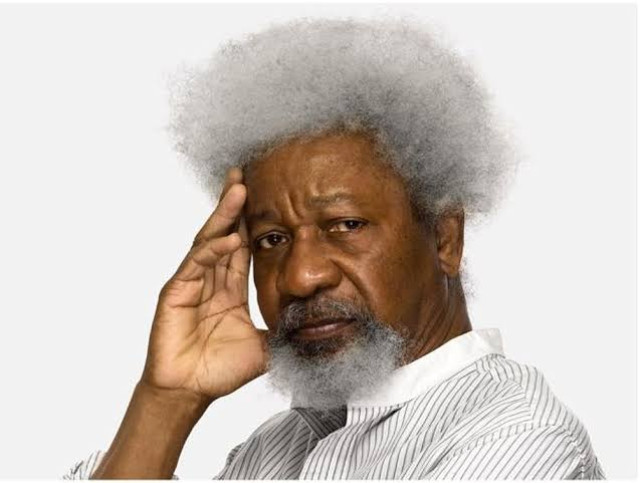Nobel laureate Prof. Wole Soyinka has emphasized the importance of promoting Nigeria's indigenous languages and culture as a means to foster national development.
Soyinka made this statement on Monday while responding to questions from journalists following his visit to the Centre for Cultural Studies and Creative Arts at the University of Ilorin, coinciding with the institution's inaugural Cultural Week.
He expressed that language serves as a repository for communities and cultures, urging young people to comprehend the tongues of their ancestors.
Soyinka stated that language is a remarkable instrument for expression, noting that a recent census revealed the existence of 300 languages in Nigeria.
He acknowledged the necessity of learning foreign languages recognized globally to enhance personal and national growth, but insisted this should not come at the expense of local languages.
He advocated for proficiency in reading, writing, and innovating in local languages before thinking or composing in foreign ones to facilitate research and advancement in the country.
Soyinka also called for the modernization of traditional living to uphold cultural values by incorporating local foods, songs, and historical methods into contemporary life.
He suggested consulting older generations about their successful past practices and passing this wisdom on to the youth to enhance their understanding of their heritage and equip them with valuable skills for current challenges.
Furthermore, he asserted the importance of making local languages compulsory in educational institutions and ensuring Nigerians are aware of their history and culture to foster pride in their heritage.
“As an African nation, we must value our culture and traditions to uphold our dignity and worth,” he said.
Earlier, Prof. Vice Chancellor of the University of Ilorin, Wahab Egbewole, characterized Soyinka's visit as a significant and prideful occasion for the institution.
Egbewole, a Senior Advocate of Nigeria, expressed the joy shared by the academic community in hosting such a distinguished cultural figure as Soyinka.
He pointed out that the creation of the Centre for Cultural Studies and Creative Arts was inspired by a mission closely aligned with Soyinka’s longstanding commitment to arts and humanities.
Egbewole mentioned that the Centre was envisioned with figures like Soyinka in mind and aimed to contribute meaningfully to cultural scholarship and international discussions.
He shared that this vision had been cultivated over time and has now come to fruition with students enrolled in various programs, including diplomas, undergraduate, master's, and doctoral degrees.
The Vice Chancellor expressed hope that the Centre would evolve into one of the leading institutions of its kind worldwide, especially with Soyinka’s involvement and endorsement.




















